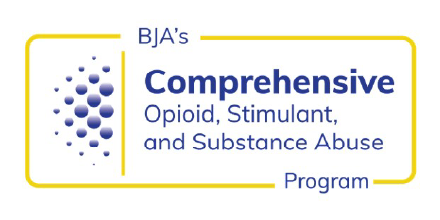Starting July 16, 2022, when someone calls 988, they will reach one of 180 existing Lifeline call centers across the country. Calls are directed to the closest call center based on the person’s area code, and a national center provides backup to ensure that no call goes unanswered. Residents who call 988 from communities with behavioral health supports such as mobile crisis teams or crisis centers can receive immediate referrals to services from the 988 counselors.
- FEB 2022
- National Association of Counties
